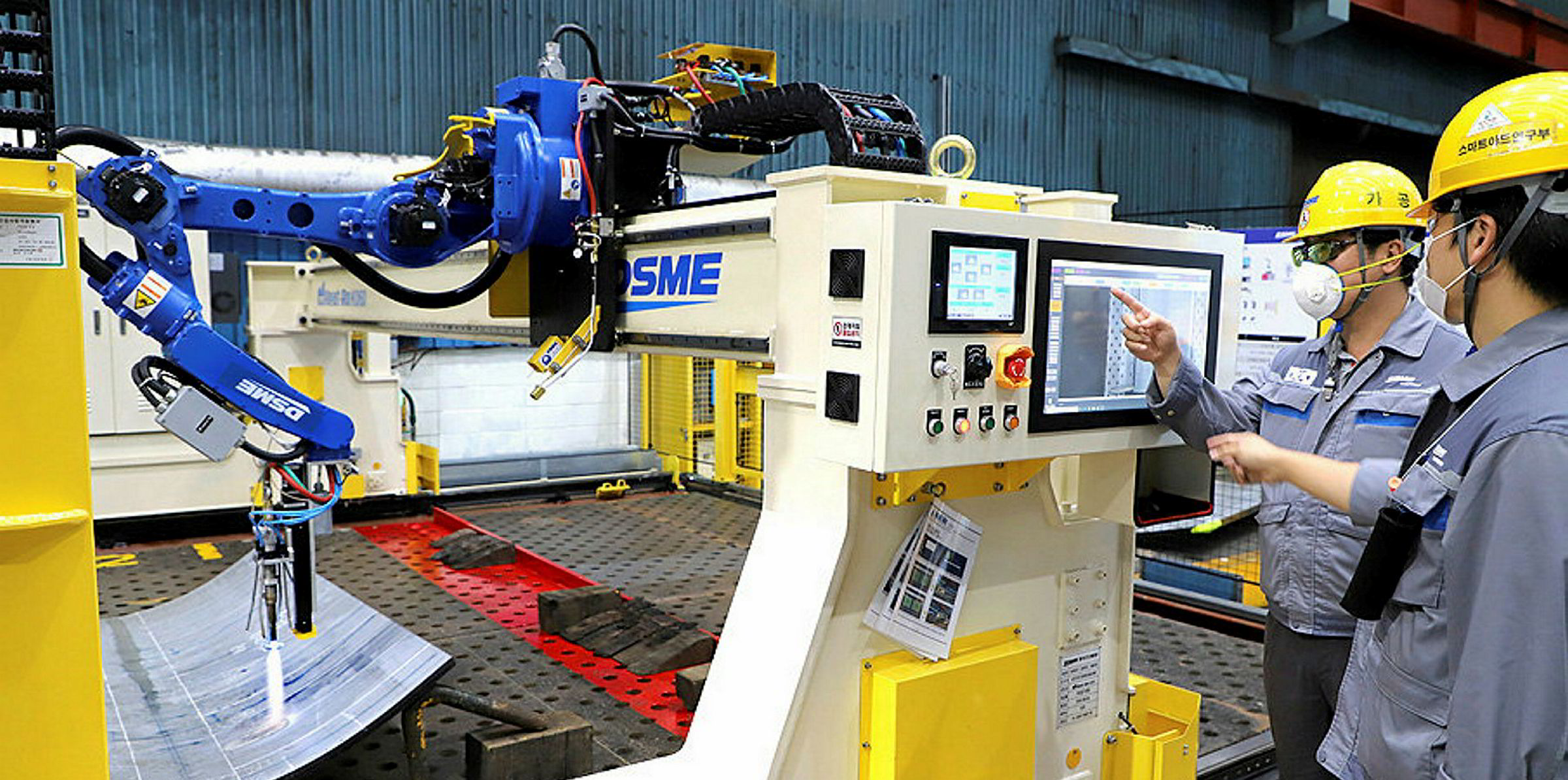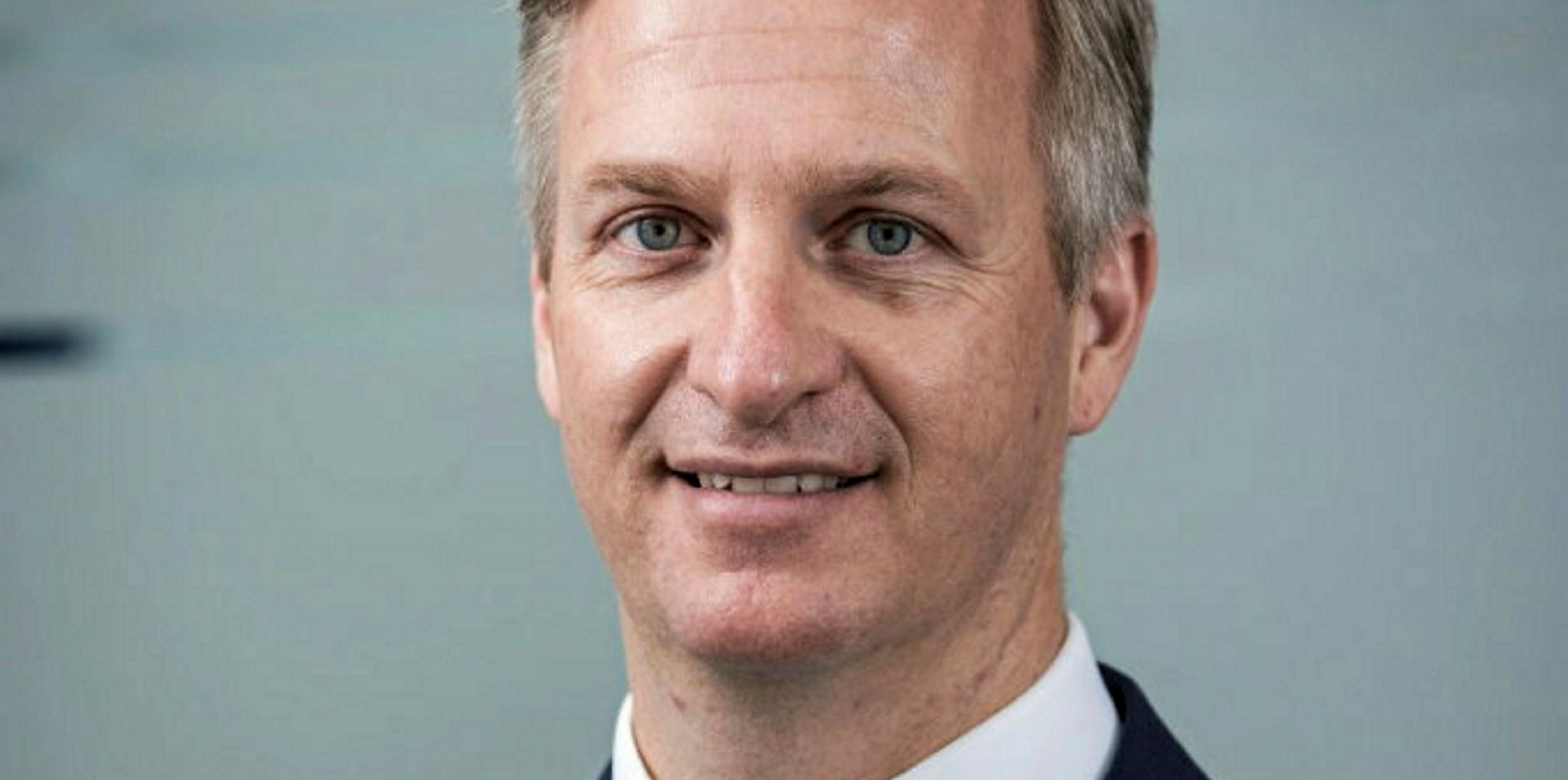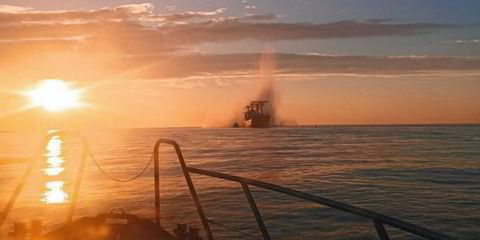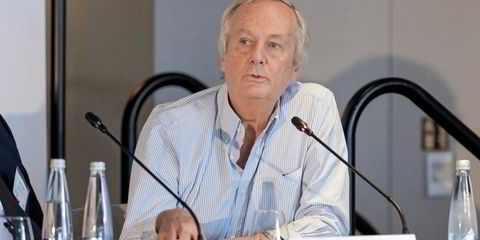The Covid-19 pandemic is speeding up the adoption of technology in shipping, according to Finnish group Wartsila.
The company believes new techniques and digital applications are being adopted as a matter of necessity.
The use of cloud-based remote solutions has accelerated in response to restrictions in physical travel, and document and data exchanges are increasingly being handled electronically.
Sean Fernback, president of Wartsila's voyage division, told TradeWinds: "What we're seeing is a general acceleration in the interest of these autonomous technologies.
“It’s a little bit of an upside to Covid. It’s slowed everything down and people are saying, ‘how do I best use this time?’ They think a bit more about the future.”
Fernback added that moves towards autonomy will be a step process.
“The technology is complex, it’s new, and flag-state approval will take time,” he said.
Fernback said the group has a couple of proof-of-concept trials underway, to improve safety and collision avoidance.
One new product is a bird's-eye view guidance system.
More boxes, more money
Wartsila is about to launch the new microwave radar technology, RS 24, which Fernback said has the ability to spot something like a jet ski at near-field distance.
Another is a "transparent" bow for the containership sector.
“If you think how containerships are loaded, they stack the containers so they can see the front of the vessel,” Fernback said. “If they could fill that gap in front with more containers, they could carry more and make more money.
"We have a system that we'll put in the bow of the vessel that effectively replaces the bow lookout. We've been talking to crews and operators, and have one trial in North America and one in Denmark."
The pandemic's effect as a catalyst for technological advances is also proving true for work on decarbonisation.
With the European Parliament approving a proposal to include shipping in its European Union Emissions Trading System, the group believes the pressure to decarbonise is growing, with a rise in the uptake of alternative fuels.
LNG remains the most widely adopted alternative fuel, but the group’s research and development activities and investments are also focusing on zero-carbon fuels, such as ammonia and hydrogen, as well as on energy-saving technologies.






